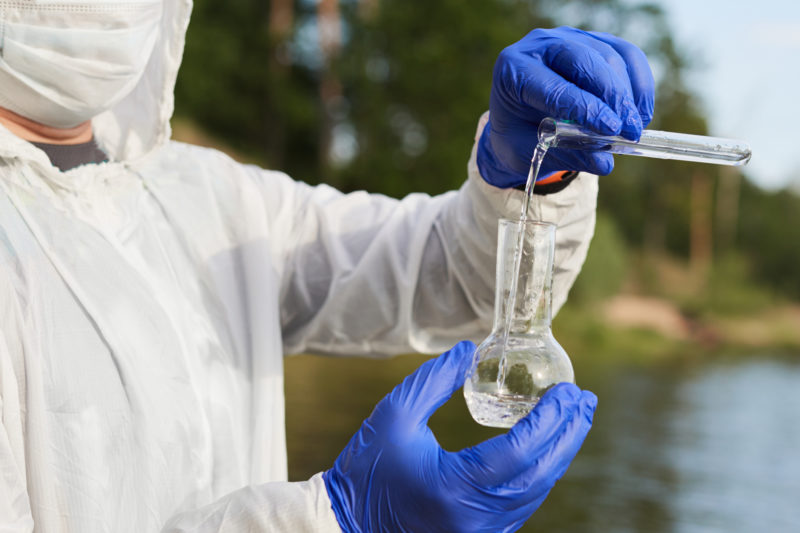If you or a loved one served at Camp Lejeune in the 1950s and suffered from cancer, bladder cancer, kidney disease, or any other illness due to exposure to toxic water at the base, you may be eligible for financial compensation from the government.
In 2012, President Obama passed a law that gives military members and their families access to healthcare benefits if they are suffering from any of these illnesses. If you are a veteran who was at Camp Lejeune, contact our experienced lawyers today to discuss your case.
Methylene Chloride
Methylene Chloride is a highly volatile chemical compound that is commonly found in the water supply at Camp Lejeune. It can be dissolved in various organic solvents, and is used in many industrial processes.
Methylene chloride has been linked to a number of health problems, including cancer. It is also toxic to the lungs, brain, and kidneys.
It can be found in cigarette smoke, car exhaust, and industrial emissions. It can cause short-term symptoms such as dizziness, headache, confusion, and unconsciousness.
This dangerous chemical is also a carcinogen and can cause leukemia in people who consume it or are exposed to it for an extended period of time.
Methylene chloride is toxic to pregnant women and children. It can lead to infertility, miscarriages, and birth defects. In addition, it can also lead to heart defects in infants.
Benzene
Benzene is a toxic chemical found in gasoline, and it is also released from cigarette smoke, exhaust, and industrial emissions. It is a known carcinogen and has been linked to leukemia.
People living or working at Camp Lejeune might have been exposed to high levels of benzene through drinking water. Medical evidence shows that long-term exposure can cause anemia, bone marrow damage and leukemia.
The EPA limits airborne exposure to benzene in most workplaces to 1 part per million (ppm) during an average workday and a maximum of 5 ppm over a 15-minute period. If you are exposed to high levels of benzene, it is important to get professional medical help right away.
Despite the EPA’s limits, VA has recognized that some veterans, former reservists and National Guard members might have a presumptive disability for a chronic disease related to exposure to Camp Lejeune Contamination based on available scientific evidence, in the absence of specific exposure information.
Trichloroethylene
Trichloroethylene is a toxic organic chemical that has been linked to a number of health problems. These include cancer, reproductive issues and neurological disorders.
TCE is a solvent and degreaser that is used in manufacturing, metal manufacturing and dry cleaning. It also enters the water supply through industrial emissions and can degrade into benzene, vinyl chloride and perchloroethylene (PCE) that may cause health problems for people exposed to them.
Thankfully, not everyone who is exposed to TCE or PCE, benzene or vinyl chloride will develop a health problem. It’s the amount of time and how much exposure that matter, as well as how and when it was absorbed into the body.
If you or a loved one were exposed to toxic water at Camp Lejeune and you are experiencing negative health effects, you could be entitled to compensation for your injuries. The Department of Veterans Affairs has launched a new disability program to help veterans and their families.
Vinyl Chloride
Vinyl chloride is a chemical used to make many different products, including pipes, wires and packaging. It’s also a common ingredient in tobacco smoke.
While it doesn’t have a strong odor, it can cause severe breathing problems when people breathe high levels of it. It can also make people dizzy, drowsy and faint.
According to the CDC, long-term exposure to very high levels of vinyl chloride can damage liver and nervous system cells. It can also raise the risk of cancer and birth defects.
The CDC recommends that people who work with or around vinyl chloride reduce their levels of the chemical. This can be done by using non-porous gloves, goggles and aprons.
It is also recommended that people who live near or have a connection to contaminated water use filters and other methods to remove the chemicals. It is especially important for children, who may be more sensitive to chemicals. It is also a good idea for people to get their water tested by a private laboratory listed in the local phone book.

